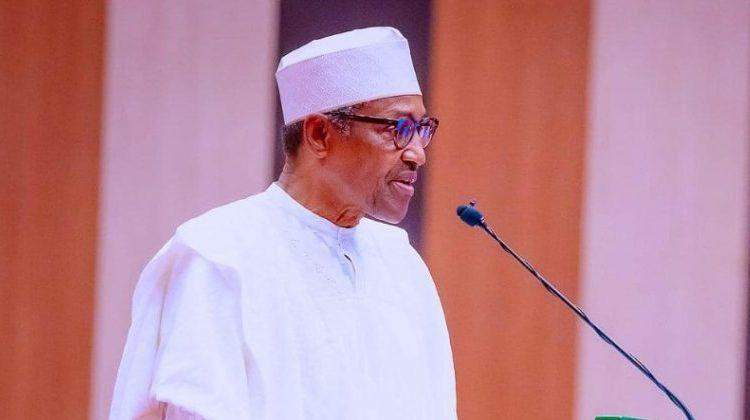Nigerian pensioners continue to experience challenges in the country’s statutory pensions system, including non-payment of gratuity and pension, delayed payments, low monthly stipends, omission of retirees’ names from payroll, and extensive waiting periods to receive pensions.
Retirees in Nigeria currently earn pensions from two different pension schemes, the Defined Benefits Scheme (DBS) and the Contributory Pension Scheme (CPS). The old DBS, infamously known for payment inconsistencies, has subjected Nigerian retirees to immense hardships for decades. Despite government budget allocations, the issues persisting under the DBS and CPS remain unresolved, leading elected officials to make moves to avoid the systems and initiate special pension arrangements.
While the DBS is managed by the Pension Transitional Arrangement Directorate and caters to the pensions of the Civil Service Pension Department, the Police Pension Office, and the Customs, Immigration, and Prisons Pension Office, retirees under the CPS endure long waits of several years to start receiving pensions. The Federal Government has not shown full commitment to allocating funds to pay the accrued arrears of CPS retirees, which need to be added to augment their RSAs before monthly pensions can begin.
Although the CPS has made significant progress in terms of pension enrolment, currently at 9.9 million compared to 6.8 million in 2015, the regulatory framework of the system is weak, leading to some retirees receiving abysmally low stipends. The eight-year tenure of President Muhammadu Buhari’s administration has also resulted in the closure of businesses, leading to the loss of jobs and slowed pension penetration in the country, says Dr. Pius Apere, Chairman and CEO of Achor Actuarial Services Limited.
Despite PTAD’s giant strides in the DBS, including clearing inherited unpaid pension liabilities from defunct/privatised agencies handed over to PTAD in 2017, executives worry that outstanding pension arrears, payment of death benefits, and delayed payments have not been adequately addressed.
Experts have criticised elected officials who have adopted selfish bloated pensions for themselves instead of implementing comfortable pensions for the workers who elected them. Furthermore, as Nigeria’s pension system now ranks at the bottom of the global rankings, it is in urgent need of reforms.
